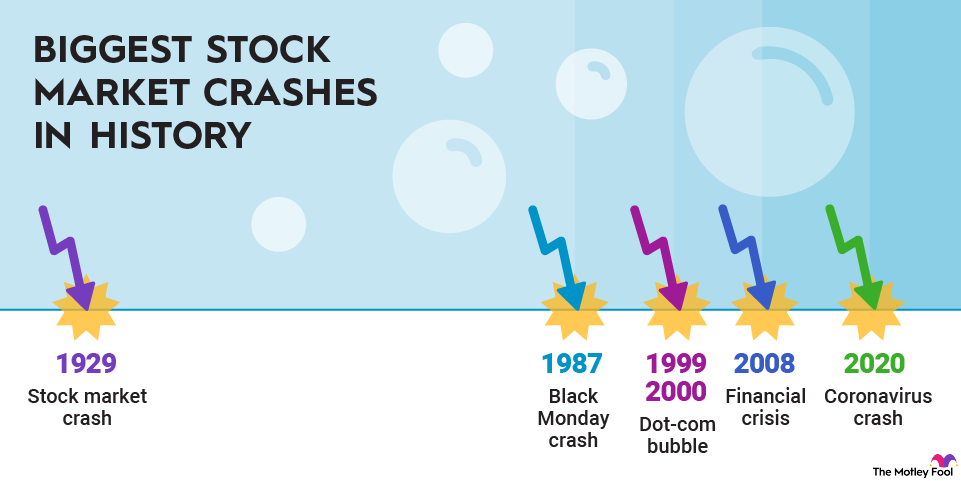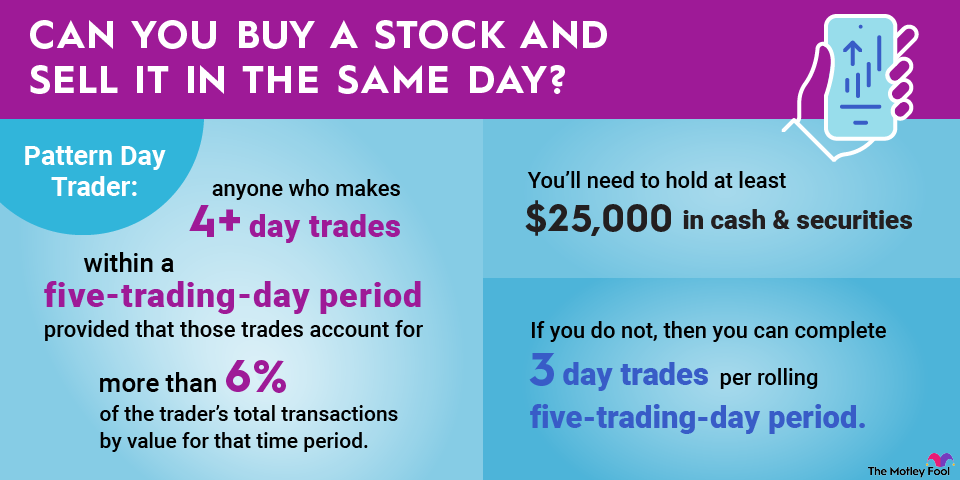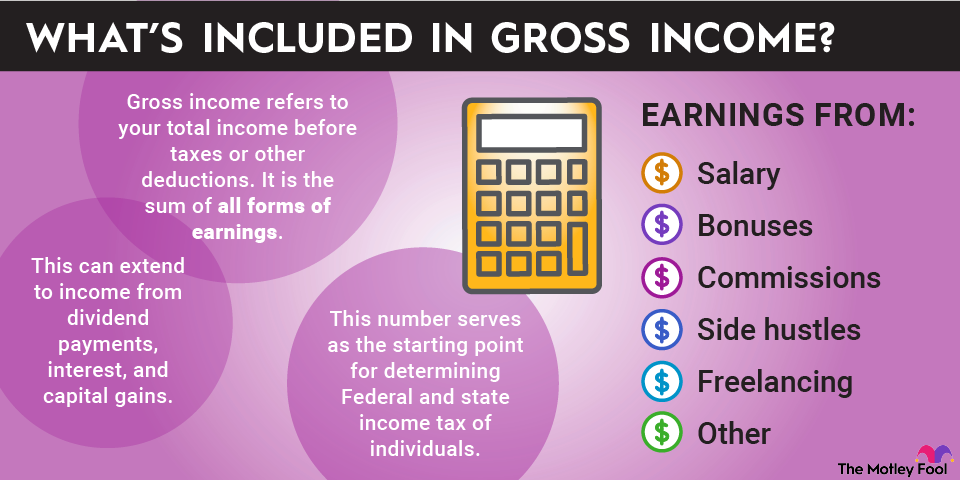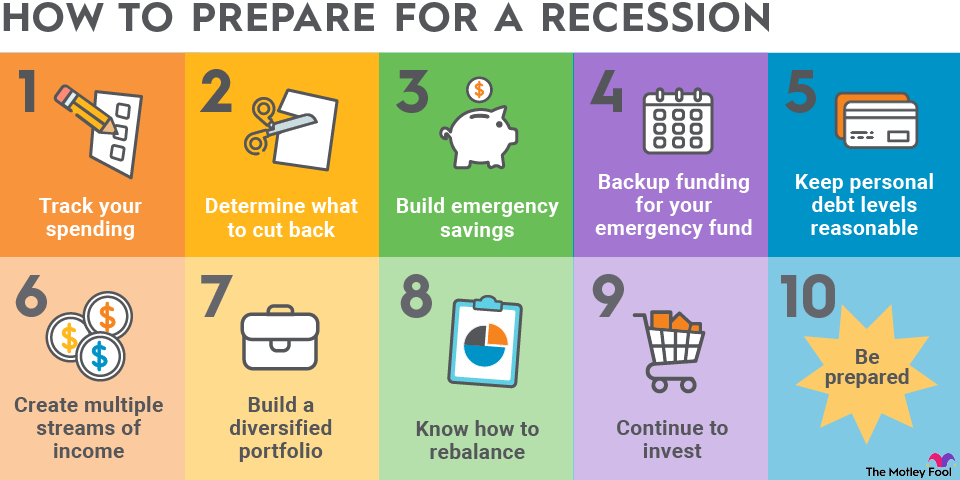While investing might seem daunting at first, it becomes much easier once you understand the stock market basics. There are three core concepts that all beginning investors need to grasp:
1. How the stock market works
2. The difference between long-term investing and stock trading
3. The importance of a diversified portfolio
This guide will unravel each of these basic stock market concepts, giving you a solid investing foundation to build upon in the future.

How the stock market works
The stock market is like a swap meet, auction house, and shopping mall all rolled into one.
As a swap meet or flea market
The stock market has many vendors, including individual and institutional investors (e.g., hedge funds, pension plans, and investment banks) who buy and sell various items, such as public companies listed on stock exchanges.
Notable stock market exchanges include the New York Stock Exchange (NYSE), Nasdaq Exchange, and over-the-counter (OTC) markets. Each has different listing requirements for companies that want to use its services to raise capital from investors.
As an auction house
Another aspect of the stock market is its auction-like pricing system. Unlike a retail store with a set price for each item, stock prices change constantly as buyers and sellers attempt to reach a market price for a company's stock.
Many internal and external factors affect stock prices. For example, a company's earnings and growth prospects (internal factors) and anything from an upcoming election to how investors feel about the economy's direction (external factors) can affect its share price.
As a shopping mall
Finally, the stock market has a shopping mall feel because it's a one-stop shop. It houses all publicly listed companies, enabling investors to buy and sell any publicly traded stock they want.
Stock market exchanges act as both primary and secondary markets for a company's stock. They allow companies to directly sell shares via initial public offerings (IPOs) to raise cash and expand their businesses.
Companies can complete multiple secondary offerings of their stock when they need to raise additional funding, provided investors are willing to buy. Meanwhile, exchanges provide investors with liquidity since they can sell shares among each other.
What are bull and bear markets, corrections, and crashes?
While the stock market generally moves higher over time, it doesn't do so in a straight line. Investors have coined the following terms for big swings in stock prices:
Stock market correction
A 10% to 20% decline in a major market index, like the S&P 500, is called a stock market correction.
Bear market
A drop of more than 20% is a bear market.
Bull market
A bull market is a stock market index that has gained more than 20% from a recent bear market. Bull markets are often multiyear events driven by a period of economic expansion.
Stock market crash
A stock market crash is a sharp plunge in the major stock market indexes over a short period.
Stock market volatility
When stock market prices fluctuate very sharply, this is known as stock market volatility.
Generally, stock prices increase gradually as companies expand their operations and earnings as the economy grows, making their underlying businesses more valuable. For example, the average stock market return as measured by the S&P 500 index -- a collection of the 500 largest U.S. listed publicly traded stocks -- has historically increased more than 10% each year.
But there are also down periods. The worst market crash on record was the 1929 stock market crash, which occurred at the onset of the Great Depression. Concern about investing during an economic recession can trigger stock market sell-offs, although that's not the only factor that can cause a big market slump.
While stock market corrections can be challenging for beginning investors, they tend to be short-lived. Half of the stock market corrections of the past 50 years lasted three months or less.
Long-term investing vs. stock trading
We'd all love to get rich quickly. However, the stock market isn't a lottery or a casino. While some stocks deliver significant gains in short periods, they're outliers, not the norm. So, beginners should avoid stock trading or actively buying and selling stocks -- especially day trading -- and focus on long-term buy-and-hold investing.
Ideally, an investor should buy a company's stock and hold it for three to five years, if not much longer.
Long-term investing is a better approach than stock trading for many reasons, including:
Higher probability of positive returns
While the stock market has had down years, it has gone up in 70 of the past 96 years, or about 73% of the time. So, even if you start investing right at the end of a long bull market run and endure a stomach-churning crash, simply holding for a few years will likely still yield a positive result.
Contrast that with trading, which could see an investor risk the permanent loss of their capital if they buy at the top and then give up and sell at the bottom, locking in losses.
Not missing out on even bigger gains
One of the biggest mistakes many beginning investors make is selling too early, which can cause them to miss out on much greater returns over the long term. For example, while it might be tempting to cash in after a 10% or even 100% gain, great companies tend to continue producing winning returns.
Benefiting from compound interest
While stocks can correct and crash without warning, they generally move higher. As noted earlier, the S&P 500 has historically produced a more than 10% total annualized return. Despite all the volatility, that general upward trend adds up over time. For example, investing $550 a month in an S&P 500 index fund has historically grown into a $1 million nest egg in about 30 years.
Saving on taxes
Stock sales are taxable unless they're made in a tax-deferred retirement account like an individual retirement account (IRA). For stocks held long-term (more than a year), the capital gains tax rate is either 0%, 10%, or 20% depending on your income and tax bracket.
However, short-term capital gains taxes are much higher because they correspond to an investor's ordinary income tax bracket, which ranges between 10% and 37%. Taxes can eat a significant portion of an investor's gains if they're trading in and out of stocks, especially those in higher tax brackets.
While buying and holding over the long term generally yields the best returns, it's also essential to know when to sell stocks. Situations where selling is a smart move include when the reason you bought the stock no longer applies, the company is being acquired, you are rebalancing your portfolio, you need the cash to make a big purchase, or you see a better investment opportunity.
Diversifying your portfolio
Another important investing essential is understanding the benefits of having a diversified portfolio. That means owning a diverse group of stocks across different stock market sectors.
Portfolio diversification reduces an investor's risk of permanent loss and their portfolio's overall volatility. In exchange, the returns from a diversified portfolio tend to be lower than what an investor might earn if they picked a single winning stock.
There are many ways to build a diversified stock portfolio, depending on whether you want to be an active or passive investor. An active investor will research stocks to find a collection of at least 10 companies across various industries that they believe will be winning investments over the long term.
Conversely, passive investors let others do that work for them. As a result, they can quickly diversify by purchasing shares of a mutual fund, index fund, or exchange-traded fund (ETF) that holds a diverse group of stocks. As mentioned, an S&P 500 index fund has 500 stocks, giving investors broad exposure across the largest U.S. stocks.
Owning a diversified portfolio of stocks will help cushion the blow during a correction or bear market so that an investor doesn't experience an irreversible loss of capital.
However, active investors must also be careful not to over-diversify since holding too many stocks reduces returns without as much of an incremental benefit from a reduction in losses or volatility. Once a portfolio contains more than 100 stocks, it can become hard to manage and would likely just produce returns that match those of an index fund.
Related investing topics
The stock market can be a wealth-creating machine
Investing in stocks might appear complicated, but it's not once you grasp the basics. The seemingly chaotic blend of a flea market and auction house, where prices are moving all over the place, is a free market system that allows companies to raise equity capital from investors who are then free to buy and sell those shares openly.
Prices tend to fluctuate -- wildly at times -- which is why investors should take a long-term approach and own a diversified portfolio of stocks. Those who embrace these basic steps often enjoy an enriching experience as they benefit from the stock market's ability to produce high returns that compound over time.





